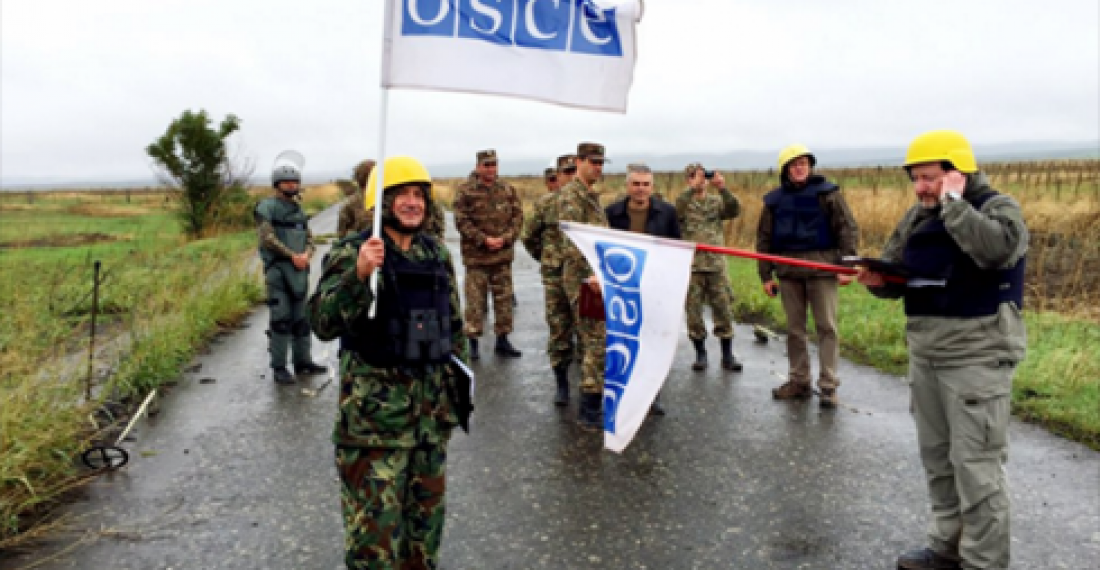Сопредседатели Минской группы ОБСЕ, занимающиеся разрешением карабахского конфликта, еще раз призвали стороны конфликта соблюдать режим прекращения огня. Посредники, представляющие Францию, Россию и США, на прошлой неделе побывали с визитом в регионе, в рамках которого провели встречи с руководством Армении и Азербайджана и с другими заинтересованными сторонами.
В заявлении, опубликованном на веб-сайте ОБСЕ, посредники "выразили глубокую обеспокоенность в связи с недавней гибелью людей на линии соприкосновения. Сопредседатели призывают стороны предпринять дополнительные шаги для снижения напряженности, как это было согласовано в Женеве, и соблюдать режим прекращение огня". Они также призвали стороны "воздерживаться от подстрекательских заявлений и провокационных действий".
С начала года уже произошел целый ряд инцидентов с нарушением режима прекращения огня. Стороны продолжают обвинять друг друга в сотнях еженедельных нарушениях прекращения огня.
В своем заявлении сопредседатели Минской Группы вновь подтвердили о своей приверженности "помочь сторонам найти мирное решение конфликта на основе основных принципов Хельсинкского Акта, в том числе неприменения силы, территориальной целостности, равноправие и самоопределение народов".
Они приветствовали намерение сторон "продолжить интенсивные переговоры с учетом нынешнего предвыборного периода".
источник: commonspace.eu по материалам osce.org
фото: Наблюдатели от ОБСЕ в зоне карабахского конфликта






